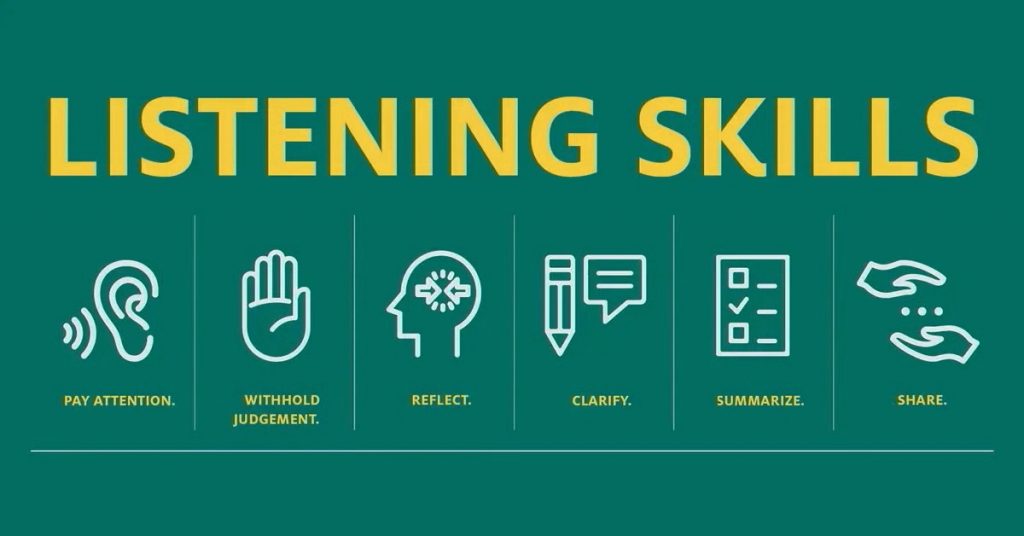Based on the many conversations and exchanges I have had with people, the first question I am often asked is, “What Are Microselling Skills?” So, I thought I would detail in several posts the definitions and measurement criteria I used while coaching the salespeople I worked with.
I believe the following list of skills is essential when looking for success.
- Active Listening Skills
- Communication Skills
- Negotiation Skills
- Persuasive Skills
- Problem-Solving Skills
- Presentation Skills
- Self-Motivating Skills
- Story Telling Skills
So, let us start with Active Listening Skills.

It requires the salesperson to actively engage with the prospect, qualifying their requirements, understanding what benefits they would gain from the product/service you are selling, and describing the decision-making process used to purchase.
While the salesperson may know of several benefits, the prospective customer would gain from using the product/service, knowing which benefit is of greater importance to the prospect will increase the possibility of making a sale and shorten the timeline.
Understanding the consequences of not buying the product/service is as important as knowing the benefits the prospect would gain from its use.
So, let’s just get down to how you rate and look to improve a salesperson’s Active Listening Skills.
Your participation in any sales call must remain passive, even if the sale will be lost. Remember a coach doesn’t run onto the field and make tackles for the player they are coaching, they coach the player after the game to improve the skill.
- Does the salesperson spend time conversing at the beginning of the sales call, or do they jump into the sales pitch?
- Does the salesperson actively seek to understand the prospect’s requirement or deliver the standard presentation?
- Does the salesperson vary the presentation depending on information gleaned from the prospect?
- Does the salesperson seek to understand what benefits the prospect would gain from using the product/service, or do they tell the prospect what benefits they would gain?
- Does the salesperson seek to understand the consequences of the prospect not buying the product/service?
I haven’t listed all the criteria that I used because the balance applies to the capital equipment industry, where I have worked for most of my career.
Secondly, I want and need you to consider criteria that apply to your industry and consider including them in anything you do going forward.
Why? That is how I have always managed: I give them something to think about and ask them what they think and what can be added or improved.
As an example of Active Listening Skills, let me give you an example of how a face-to-face meeting could go.
Before I start, I have looked at your website, and I think I have a fairly good understanding of what you do and the markets you serve. But rather than relying on that observation, could I ask you to take a few minutes to gain your perspective on the company’s current and future direction?
Take notes because you are building a relationship with the prospect built on your interest in the person, his view of the company, his thoughts on its future direction, and a thousand other points of interest.
The information gleaned from these few minutes will allow you to ask more questions, gaining a first-hand insight into how your product/service is going to fit into this company and what benefits it is going to offer
Active Listing Skills are all about the ability to collect information and use it in your sales presentation.
Join me next week for an outline of the Micro Selling Skill “Communication Skills. “

